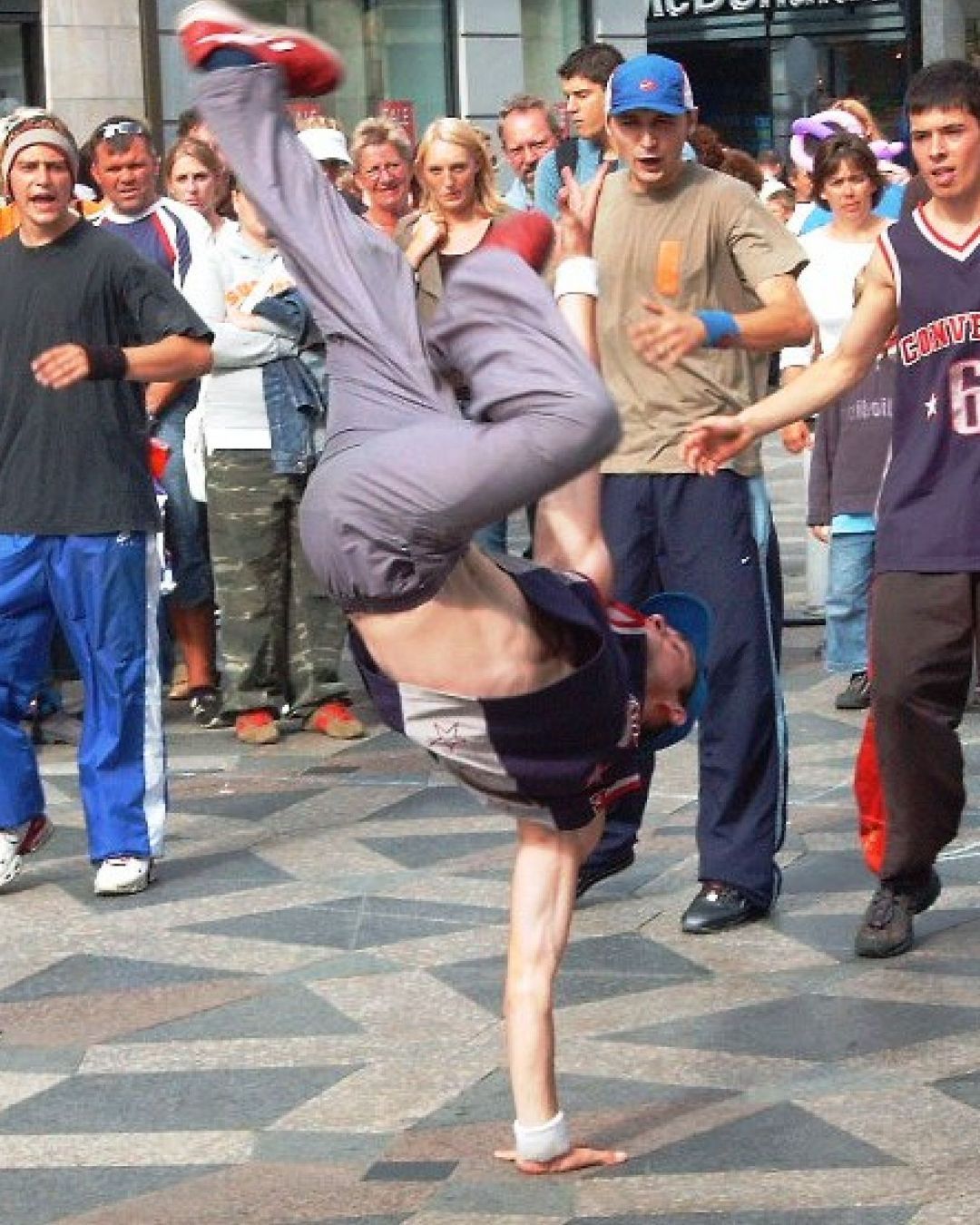
What security measures is France taking for the 2024 Olympic Games? A few months before the start of the event that will attract 15 million tourists
It is hardly surprising that France is strengthening its security measures in the lead-up to the 2024 Olympic Games, scheduled from July 26 to August 11. The city will be on high alert, considering the expected influx of tourists and athletes, raising concerns, likely related to terrorist attacks and other security issues. Earlier this month, the announcement of 600,000 attendees at the opening ceremony on the Austerlitz Bridge was staggering. However, the government's proposal to relocate the site, already facing security issues, is also telling. With a projected 15 million visitors in total, the French troop and security forces' manpower is insufficient, leading the government to implement a private security plan, with contracts signed by 47 companies, in addition to the 15,000 soldiers provided by the French army.
The president of the 2024 Olympics, Tony Estanguet, claimed to have covered 70% of the private security contract needs, but this raises concerns about the extent of security measures, including the adoption of AI-assisted video surveillance. These measures aim to ensure the safety of the city, its citizens, and visitors, but also raise concerns about the limits the government might cross in the name of security. Concerns persist about privacy protection and the threat these new measures pose to civil liberties. All eyes will be on this year's games, with the International Olympic Committee aspiring to a return to normalcy after the two editions of the Tokyo and Beijing Olympics, marked by the Covid-19 pandemic and held without spectators or visitors due to the virus. However, with the current political climate, marked by conflicts in Gaza and Ukraine, such a large-scale event requires enhanced security, but at what cost?
Restricting the Freedom of Parisian Residents
@pressecitron Les JO 2024 apportent aussi la surveillance biométrique en France #jo2024 #jo #joparis #videosurveillance #paris #france #pressecitron son original - Presse-citron
According to Laurent Nunez, the national coordinator for intelligence and counter-terrorism, residents living near Olympic venues will need to request a QR code, a prerequisite to pass through police barriers. The idea of having to queue with a QR code to buy a baguette or do weekly shopping is worrisome. At first glance, hosting the Olympic Games in Paris generates considerable revenue for the country, but it should not be overlooked that citizens will not be direct beneficiaries of these additional funds. Additionally, these residents will also need to register visitors wishing to observe the action from a balcony or window. Moreover, several metro stations in the city, considered highly vulnerable to attacks, will be closed throughout the Olympic Games. Government reactions have been mixed, with some senators, including centrist senator Nathalie Goulet, arguing that these measures infringe on liberties. Indeed, the implementation of QR codes involves data collection and storage. Furthermore, while many Parisians use their annual Navigo subscription for public transportation, authorities have announced that the metro ticket prices will double during the games.
Implementation of AI-Assisted Video Surveillance
@gianluca.mauro France plans to use AI to surveil people during the Paris Olympics. Cameras around the city will alert police if AI spots abnormalities. While AI could create a safer environment, French citizens are concerned about ongoing surveillance. What do you think? #France #ParisOlympics #AISurveillance #Privacy #Safety #artificialintelligence #governmentspy #AIethics original sound - Gianluca Mauro
A Concerning Precedent When it was announced on March 28 that the French National Assembly had passed a bill legalizing, for the first time in the history of the European Union, the use of algorithmic video surveillance in France, reactions were not long in coming. It has been demonstrated that the use of these technologies, often synonymous with a state of constant surveillance, profiling, and tracing, disproportionately affects marginalized groups, leading to an overcriminalization of certain racial, ethnic, and religious groups. Even Human Rights Watch addressed an open letter to the French government, expressing concerns about the precedent this adoption could set, as well as concerns about the detrimental effects on civil liberty and privacy. Similar surveillance methods have been implemented in Nice, an iconic vacation destination on the French Riviera, since a horrific terrorist attack in 2016. However, this futuristic, Orwellian surveillance, is incredibly frightening for some, who believe it places all citizens under the watchful eye of AI, evoking Big Brother. The cameras deployed during the games are equipped with technology capable of detecting sudden crowd movements, abandoned objects, and motionless people on the ground. Authorities have publicly stated that this technology will be used to counter any type of attack, but the question remains whether the cameras will be removed after the games or if they will remain in place under the pretext of an increased need for security and defense.
Since 2022, governments have increasingly used these high-tech cameras: Doha installed 15,000 biometric cameras during the 2022 World Cup, Iran introduced cameras in public spaces to identify women not wearing the hijab, and Israel uses facial recognition cameras to monitor Palestinians. One cannot help but wonder what the next step for governments will be. Although France is considered respectful of civil liberties, several government representatives have stated that the adoption of the aforementioned surveillance system is a necessary security tool, while emphasizing the need to strike a fair balance between assessing security risks and restricting civil liberties. The lingering question is: despite the undeniable need to enhance security for such a significant event, how far will it go, and will France continue to use this technology once all visitors and athletes have left? It is worth noting that the European Union is in the process of drafting legislation governing harmful uses of artificial intelligence.















































